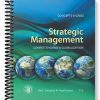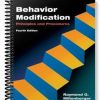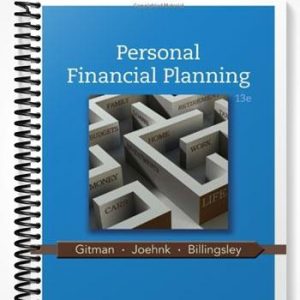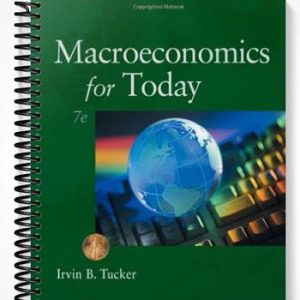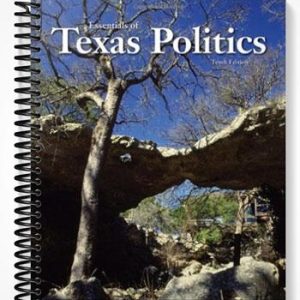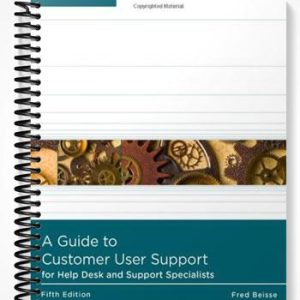Test Bank for Microeconomics An Intuitive Approach with Calculus 2nd Edition by Thomas Nechyba
$25.00
Complete downloadable Test Bank for Microeconomics An Intuitive Approach with Calculus 2nd Edition by Thomas Nechyba. INSTRUCTOR RESOURCE INFORMATION
TITLE: Microeconomics; An Intuitive Approach with Calculus
RESOURCE:Test Bank
EDITION: 2nd Edition
AUTHOR: Thomas Nechyba
PUBLISHER: Cengage Learning
Download sample
Description
Complete downloadable Test Bank for Microeconomics An Intuitive Approach with Calculus 2nd Edition by Thomas Nechyba. INSTRUCTOR RESOURCE INFORMATION
TITLE: Microeconomics; An Intuitive Approach with Calculus
RESOURCE:Test Bank
EDITION: 2nd Edition
AUTHOR: Thomas Nechyba
PUBLISHER: Cengage Learning
Table of content
[embeddoc url=’https://etestbanks.net/pdf_samples/Test_Bank_for_Microeconomics_An_Intuitive_Approach_with_Calculus_2nd_Edition_by_Thomas_Nechyba_sample_chapter.pdf’]

